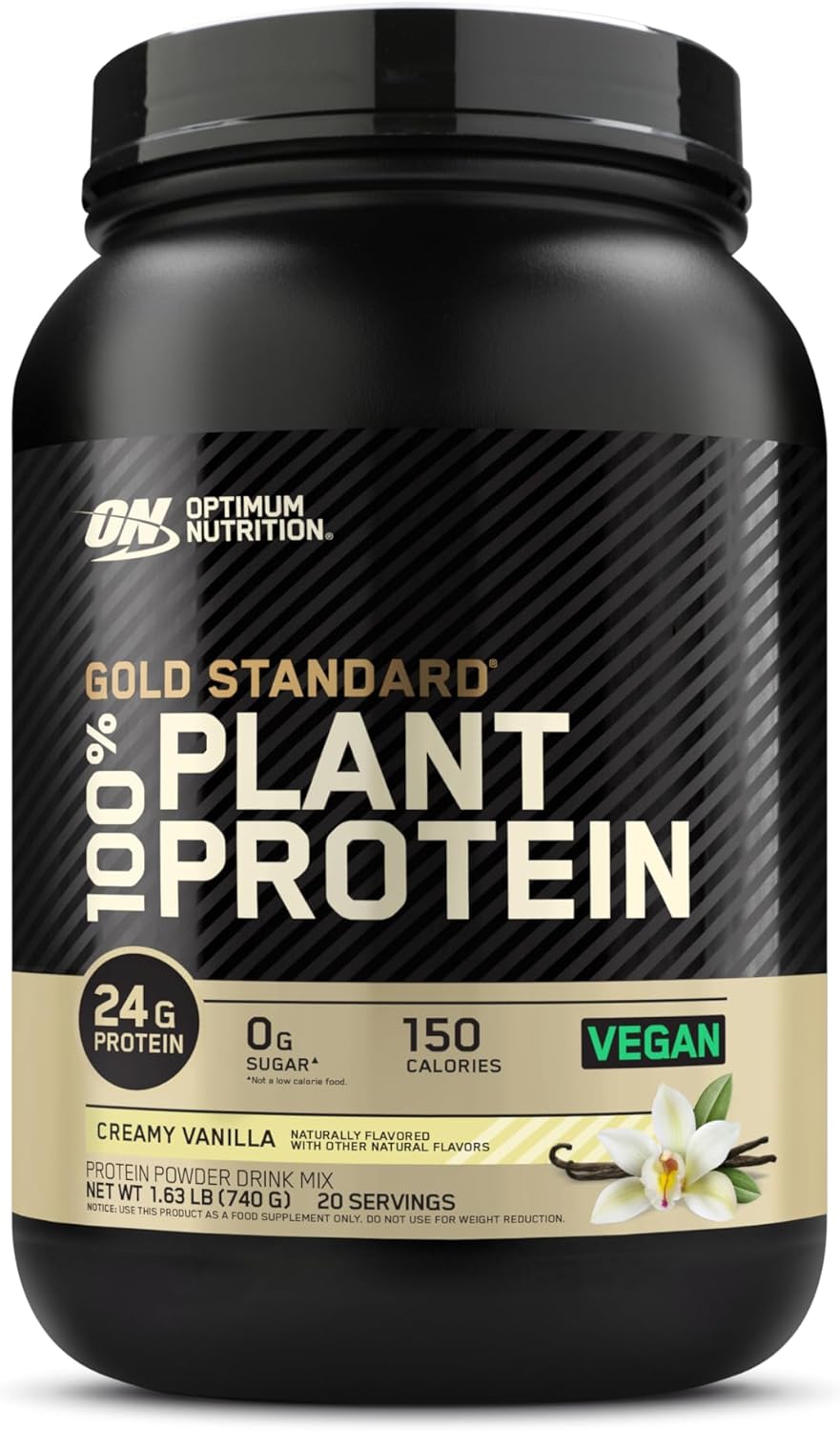Rice Protein Powder
Rice protein powder, derived from brown or white rice, is a popular plant-based protein alternative known for its hypoallergenic qualities and gentle digestibility. It has become a staple in the dietary regimes of vegans, vegetarians, and those with sensitivities to more common protein sources like dairy or soy. As a sustainable and easily absorbed protein, rice protein offers a beneficial nutritional profile that supports various health goals.
Benefits of Rice Protein Powder
- Hypoallergenic: Rice protein is an excellent option for individuals with allergies or sensitivities to dairy, gluten, soy, or eggs, as it is naturally free from these common allergens.
- Complete Amino Acid Profile: Although rice protein is low in lysine, most high-quality rice protein powders are often combined with other protein sources to ensure a complete amino acid profile, making it effective for muscle repair and growth.
- Heart Health: Consuming rice protein has been associated with reductions in cholesterol levels, potentially supporting cardiovascular health.
- Easy Digestion: Rice protein is known for being easy on the stomach, making it a great choice for those who experience digestive issues with other protein powders.
- Environmentally Sustainable: Rice is a high-yield crop that requires less water and pesticides compared to other protein crops, making rice protein a more environmentally friendly option.
Choosing the Right Rice Protein Powder
When selecting a rice protein powder, consider the following:
- Protein Content: Check that the powder provides a substantial amount of protein per serving, which indicates a high-quality product.
- Blended Formulas: Since rice protein may be low in some amino acids, look for blends that combine rice protein with other plant-based proteins like pea or hemp to ensure a balanced amino acid profile.
- Purity and Clean Ingredients: Opt for rice protein powders that are free from unnecessary additives, artificial flavors, and sweeteners to maximize health benefits.
- Taste and Texture: Rice protein can have a distinct flavor and powdery texture. Sampling different brands may help find one that suits your taste preferences, especially if you plan to use it regularly.
- Certifications: Check for non-GMO, organic, and third-party tested certifications to ensure product quality and safety.
How to Use Rice Protein Powder
Rice protein powder is versatile and can be used in various culinary applications:
- Smoothies and Shakes: Blend it with fruits, vegetables, and a liquid base like almond milk for a nutritious shake.
- Baking: Use rice protein as an ingredient in baking to add protein to breads, muffins, and other treats.
- Cooking: Mix rice protein into pancake batter, oatmeal, or soups to boost the protein content without altering the flavor significantly.
Conclusion
Rice protein powder is a practical and healthful choice for anyone looking to supplement their diet with a high-quality, plant-based protein. Its hypoallergenic nature and environmental sustainability make it particularly appealing to those with dietary restrictions and eco-conscious preferences. Whether you’re looking to enhance muscle growth, support heart health, or simply add a non-dairy protein source to your meals, rice protein is an excellent and versatile option.


